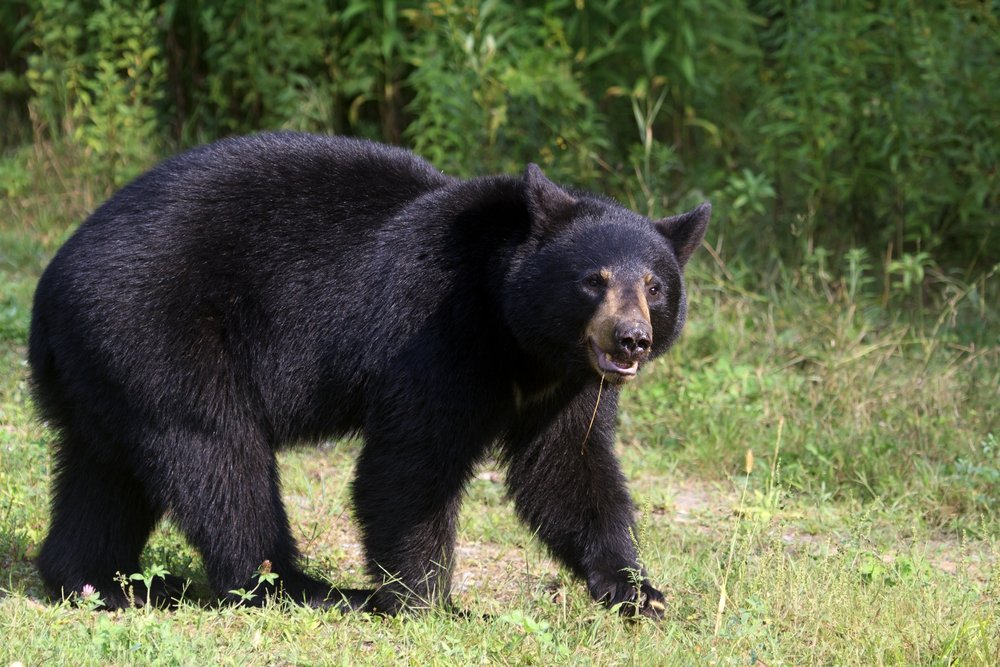A black bear found in a tree in London, Ont.’s, west end in mid-June is slowly on his way to recovery, according to the sanctuary he’s staying in.

Mike McIntosh, the founder of Bear With Us Sanctuary in Sprucedale, Ont., spoke with 980 CFPL’s Jess Brady on the Afternoon Show Friday.
He said the bear, whom the sanctuary named “London”, is making great process in his recovery.
“After careful inspection of ‘London Bear,’ we’re very, very optimistic. … It appears this bear is on the road to recovery and will be returned to the wild.”
“We’re quite ecstatic.”
London the bear was first spotted on June 8 around 7 a.m. in the area of Oxford Street West, near the bridge west of Sanatorium Road.
Officers responded to the area but were unable to locate any bear. Roughly two hours later, police issued an update confirming the bear had been found in a tree.
Police say a large crowd gathered in the area, and an officer shot and wounded the bear when it began to climb down at roughly 11:10 a.m.
The bear then climbed back up the tree, and a team from the Ministry of Natural Resources (MNR) arrived.

Get daily National news
In the evening, police said the MNR team and a veterinarian were able to tranquilize the bear, which climbed down the tree before the sedative took effect. The bear received stitches for “minor injuries to a rear hind leg,” police added.
McIntosh said when the bear first arrived at the sanctuary, the vet gave him a 20 per cent survival rate “due to an infection that took place after (the bear) was shot.”
But just a few days later, the vet upped his survival rate to 30 to 35 per cent.

The sanctuary estimates London to be around three-and-a-half years old.
“He’s just a teenager for a bear.”
McIntosh says black bears reach sexual maturity between the age of five and seven, and full physical maturity around the age of 10.
Once London fully recovers, McIntosh says they’re unsure where exactly to release him, but it’ll likely be closer to Sprucedale, which is about 430 kilometres from London, Ont.
“We’re going to try and make sure he goes back to an area where he won’t find any nearby cities.”
“Quite often, (bears) follow wooded areas and rivers or streams as they wander. Quite often, cities and towns have that same type of habitat, (leading bears) to the middle of them,” McIntosh explained.
Until his release, London’s infection is taking the time it needs to heal, and “it’s nothing like it was not even a week ago,” said McIntosh.
The sanctuary founder wants to give a shoutout to the staff at the Aylmer District office of Ministry of Natural Resources and Forestry.
“Without their hard work of capturing the bear out of the tree, and (bringing) it to us in a very short time frame, this bear would not have had a chance.”
-With files from Global News’ Jacquelyn Lebel












Comments
Want to discuss? Please read our Commenting Policy first.